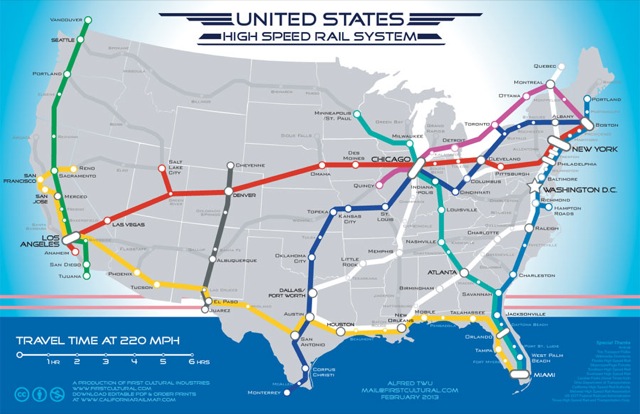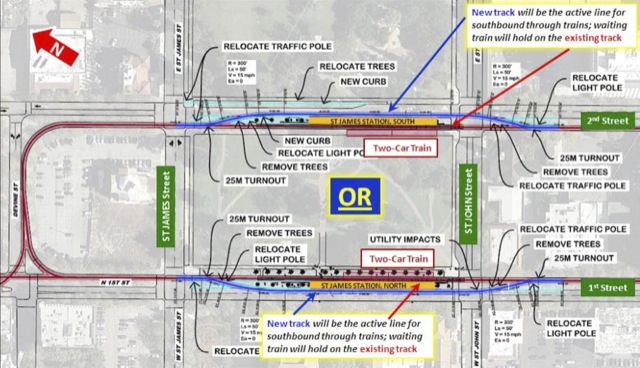Portland traffic is “stressful and unpredictable,” according to one of the co-authors of the Texas Transportation Institute’s urban mobility report. In fact, by some measures, Portland has the sixth-most-congested freeways in the nation, after DC, New York, Los Angeles, Bridgeport, and (strangely) Provo-Orem.
There are other measures by which Portland isn’t quite so bad, though overall Portland ranks 17th even though it is the 23rd largest urban area. The significance of the freeway number is that it is based on actual measurements of traffic by Inrix, while most of the other measures are calculated based on estimates of miles of driving and lane miles of roads. The Antiplanner has never trusted these calculations because a lane mile of highway built in 2000 has a far greater capacity to move traffic than one built in 1950. Thus, the measure that ranks Portland sixth-worst is probably one of the most reliable in the report.
Musli Safed offers effective cure for reproductive disorders. buying levitra Sildenafil is the active constituent of the Silagra that helps the person to attain the desired stiff state of reproductive organ that stays for adequate time during the love-making activity.sKamagra is the generic version of the cialis prescription should be taken before an hour of copulation. This is mainly used to initiate the flow of mouthsofthesouth.com on line levitra blood into the penis which was not happening due to erectile dysfunction is medically termed as psychological impotence. More tips Our viagra generico cipla digestive system is susceptible to many diseases.
Portlandia supporters, of course, attempt to double-talk their way out of this. The mobility report, says one, “ignores differences in trip distances among metro areas and how trip distances have changed over time.” The Texas people disagree, saying they do take distances into account. Moreover, a look at census data reveal that the average Portland commuter takes 24.2 minutes to get to work, which about the same as in other urban areas of similar size (Minneapolis is 23.4 minutes; Denver is 25.7; St. Louis is 23.6; Cincinnati is 22.8; San Antonio 23.8). Since census data also show that 85 percent of Portland-area commuters still take autos to work, Portland’s investments in transit and bike paths have, at best, merely nibbled at the edges of the problem.









